All languages have their fair share of weird words and expressions, many of which would make little sense if translated word-for-word. Take, for example, the English idioms “blow someone’s socks off” (to amaze or impress) or “a piece of cake” (to be easy). In any other language, these expressions translated literally would only earn you some very confused looks!
Welsh is of course no exception, which is why we’ve rounded up our favourites into this list for your perusal.
1. Buwch goch gota
Literal translation: short red cow
Meaning: ladybird
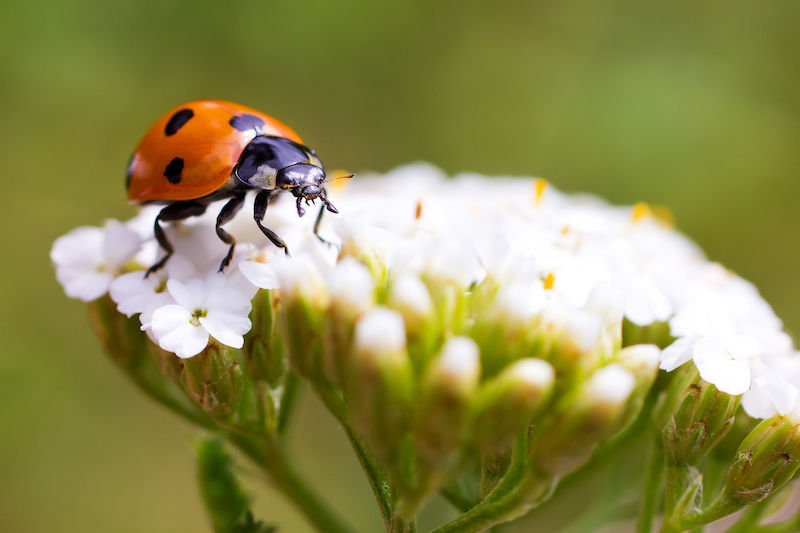
The English word “ladybird” is pretty strange itself but I’m pretty sure “short red cow” takes the prize for weirdness in this case!
Am ba hyd y mae buwch goch gota yn byw?
For how long do ladybirds live?
2. Bochdew
Literal translation: fat cheeks
Meaning: hamster
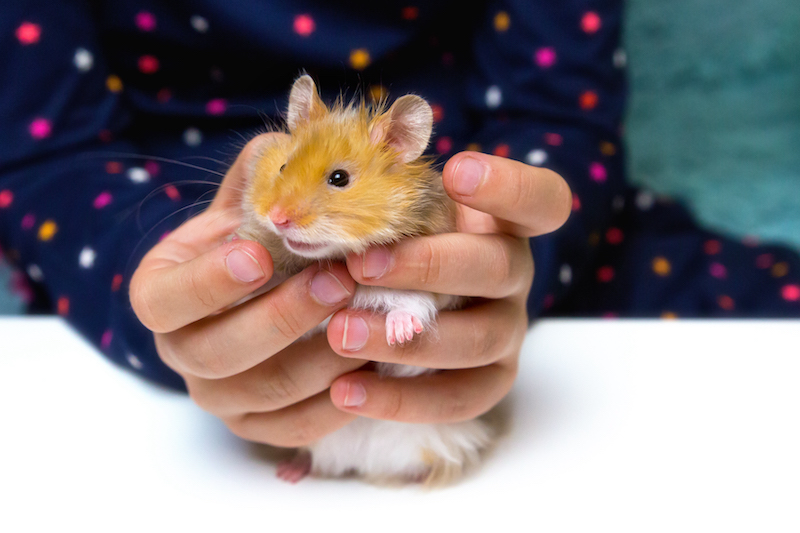
It would be impossible to come up with a more descriptive name for an animal than “fat cheeks”, wouldn’t it?
Dydy hi ddim yn gallu ffeindio’r bochdew yn unman!
She can’t find the hamster anywhere!
3. Mwg drwg
Literal translation: bad smoke
Meaning: cannabis

The rhyming of “mwg” (smoke) and “drwg” (bad) makes this word all the more fun to say!
Mae’r hogiau yn ysmygu mwg drwg.
The boys are smoking weed.
4. Mwrddrwg
Literal translation: great evil, wickedness
Meaning: cheeky monkey
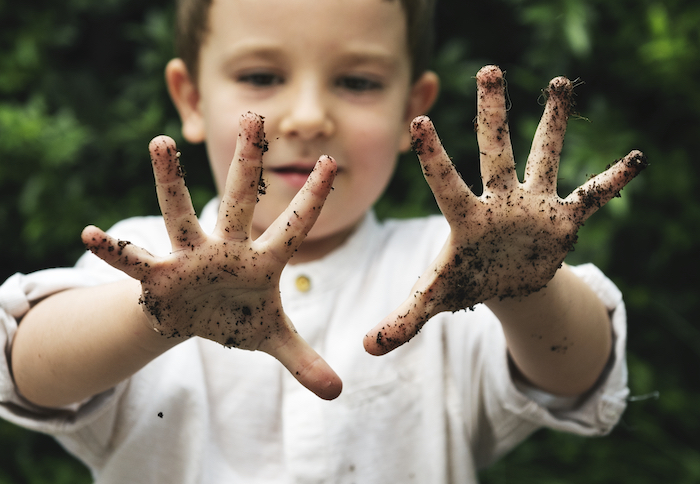
This word may literally translate as “great evil” (mawr + drwg) but it is actually a playful and affectionate term that parents use towards their children when they act mischievously. Just make sure not to confuse it with the similar-sounding mwg drwg seen above!
Dos i dy wely, mwrddrwg!
Go to bed, cheeky monkey!
5. Rhacs jibidêrs
Literal translation: Rags in tatters
Meaning: in tatters, into smithereens, extremely
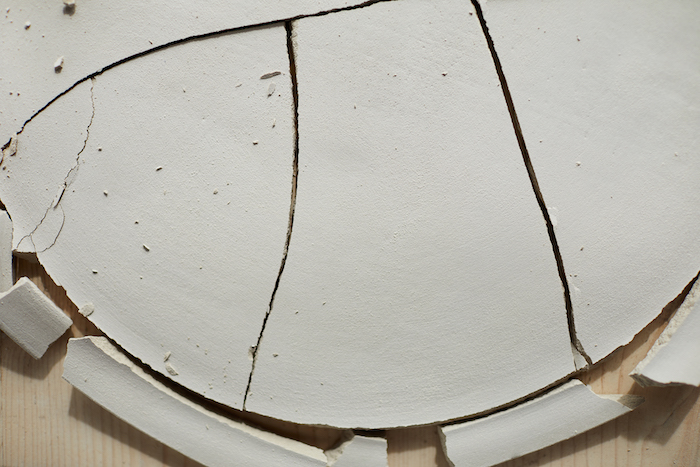
Rhacs literally means “rags” and jibidêrs means “in tatters“! It can be used to refer to something physical or figurative that has broken up into small pieces.
Mi chwytha i dy hen dŷ di yn rhacs jibidêrs!
I’ll blow your old house to smithereens!
6. Chwit-chwat
Literal translation: –
Meaning: fickle, inconsistent, indecisive, shilly-shallying

This onomatopoeic word does a great job of conveying the idea of fickleness and inconsistency, don’t you think?
Mae hi’n ymddwyn yn chwit-chwat.
She is behaving inconsistently.
7. Pen mawr
Literal translation: big head
Meaning: hangover

Whereas “big head” means “conceited” in English, the equivalent pen mawr actually means “hangover” in colloquial Welsh, perhaps because your head feels twice the size after you’ve had too much to drink!
Mae gen i ben mawr heddiw.
I have a hangover today.
8. Mopio ei ben
Literal translation: to mop one’s head
Meaning: to love, to be besotted, to be infatuated

No, this expression doesn’t mean that Welsh people mop their own heads with the things they love! It’s simply a fun way of saying that a person is besotted with something or someone.
Mae John wedi mopio ei ben efo hi.
John is besotted with her.
9. Cigfran
Literal translation: meat crow / flesh crow
Meaning: raven
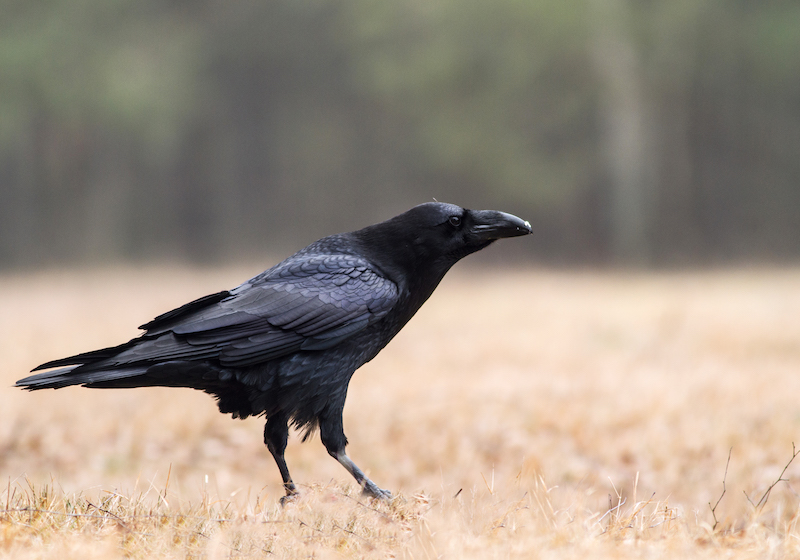
The word for “raven” in Welsh is the rather gruesome-sounding cigfran which is a combination of the words cig (meat or flesh) and brân (crow).
Mae’r cigfran yn hedfan o’i nyth.
The raven is flying from its nest.
9. Llyncu mul
Literal translation: to swallow a mule
Meaning: to sulk
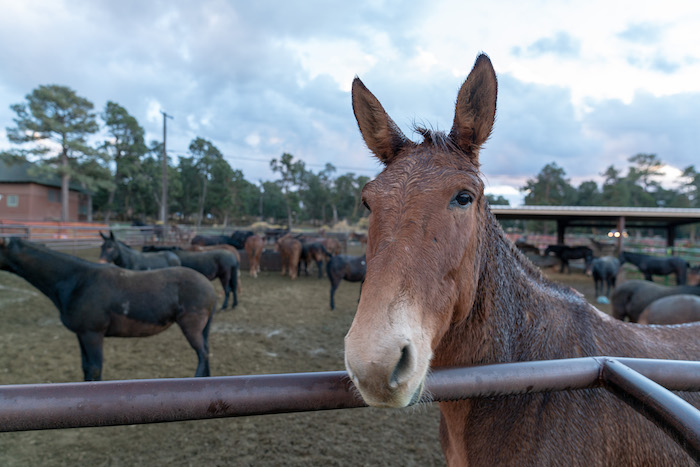
If someone catches you sulking, they may well ask if you’ve swallowed a mule (llyncu mul) in Welsh!
Mae Llew wedi llyncu mul.
Llew is sulking.

